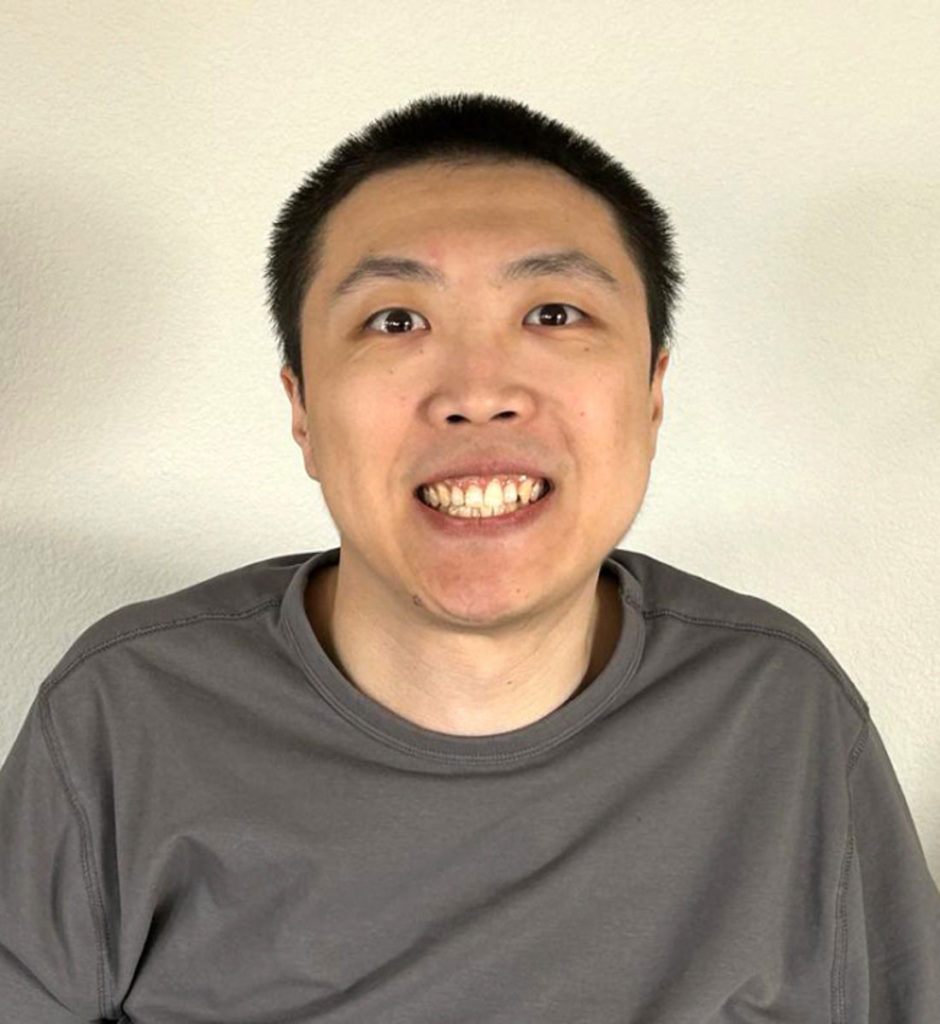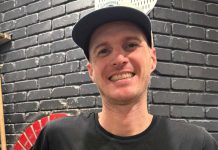As technologies with unprecedented aptitude, adaptability and influence proliferate across every industry, it’s up to tomorrow’s leaders to learn how to implement those technologies responsibly. As the first technological leadership student to be awarded a Dean’s Medal at Arizona State University, Morgan Hill resident Benjamin Pan is set to step into that role.
ASU’s Bachelor of Science in technological leadership allows students to hone and leverage their problem-solving, research, design and analytical skills while working closely with others.

“Technological leadership involves not only leading or being part of a team, but also being emotionally aware of group dynamics and fostering constructive collaboration,” Pan said. “It requires problem-solving and critical thinking using the latest tools, frameworks and mindsets.”
In alignment with ASU’s mission to improve accessibility to its wide swath of high-quality programs, the technological leadership degree is available within an online or conventional classroom environment. Pan elected to pursue the degree via ASU Online, which gave him the flexibility he needed to thrive.
“The online program’s flexibility demanded increased discipline, pushing me to confront procrastination and engage in substantial self-reflection,” Pan said. “It also revealed my preferred working style and helped me identify activities I genuinely enjoy during my leisure time.”
Pan’s efforts have certainly paid off. After two years of invigorating coursework and internships at ASU, Pan is preparing not only to graduate with his bachelor’s degree, but also to enter a workforce rich with opportunity for his distinctive skill set and perspective.
He said he owes a lot of this to ASU’s Interplanetary Initiative—which spearheads the technological leadership degree program—and the Mars on the Field research team with which he worked. There, Pan researched the evolution of technologies that have facilitated the study of Mars, from historical telescope advancements to the cutting-edge spacecraft, rovers and satellites that are used today. He also dug into public sentiment surrounding Mars via the science fiction films, radio shows and comic books that have shaped how people think about the red planet.
“I took pride in contributing to a project that I believe will inspire and educate people about space exploration,” Pan said of his time on the Mars on the Field team. “When it comes to work and projects, nothing feels better than working on something that makes a positive difference in the world.”
Pan is eager to prioritize his health, as well as his hobbies and quality time with family, while preparing to enter the workforce full-time.
We took some time to reflect with Pan on his educational journey.
How has the training you received throughout your degree helped you as you look at your next steps after graduation?
When reviewing job postings, I leverage the knowledge gained during my time at ASU as a tech leadership major. I assess how the concepts and skills I acquired can be directly applied to the tasks and projects associated with potential positions.
What course had the most impact on you?
The IPI (Interplanetary Initiative) classes significantly impacted my mindset, particularly regarding research papers. It equipped me with the tools and frameworks needed to approach complex questions systematically, from extracting relevant information to organizing and presenting findings coherently.
What’s something you learned while at ASU—in your courses or otherwise—that surprised you or changed your perspective?
In FIS (Future of Innovation in Society) 111, I learned about the Amish community’s relationship with technology. The course highlighted their cautious adoption of modern tech, challenging my preconceptions about the pace at which society should embrace new technologies. This is particularly relevant in today’s AI-dominated discussions, in which we see experts advocating for a more thoughtful and safety-minded approach, contrasting that with the rapid adoption ethos of Silicon Valley’s “move fast and break things.”
How have your internships set you up for success?
Internships allowed me to apply theoretical knowledge to real-world projects, providing insights into my capabilities and contributions in professional settings. They were learning opportunities and instrumental in helping me understand what I can bring to the table for future jobs and projects.
What’s the best piece of advice you’d give to those still in school?
Discover how you learn most effectively and apply it to your lifelong journey of continuous learning. Learning should be an ongoing process beyond college graduation.








